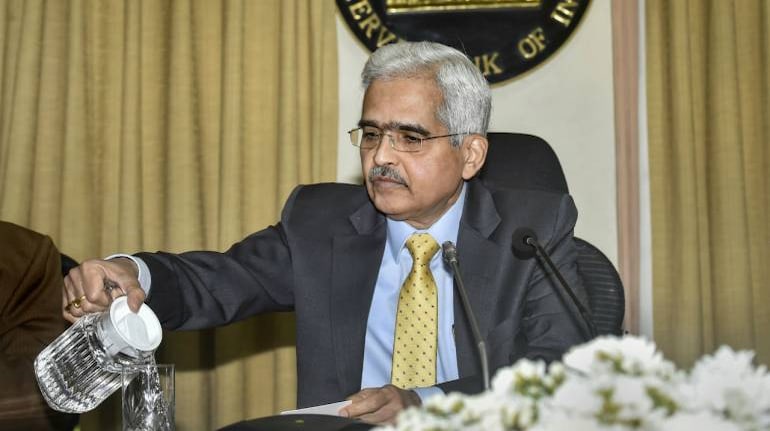August 06, 2020 / 04:14 pm IST
RBI Monetary Policy LIVE Updates: The Reserve Bank of India (RBI)'s Monetary Policy Committee (MPC) has kept the repo rate unchanged at 4 percent, amid rising inflationary pressure and a grim economic outlook. RBI Governor Shaktikanta Das said that the real GDP growth will remain negative in FY21.
The MPC had convened for this three-day meeting on August 4. About 50 percent of the economists had expected a rate cut while the rest expected a pause in repo rates. In 2020, the MPC has already slashed the repo rate by 115 bps amid the COVID-19 outbreak and consequent economic fallout.
Here are the five key takeaways from the RBI Monetary Policy:
--Repo rate: The repo rate has been kept unchanged at 4 percent. Consequently, the reverse repo rate under the LAF remains unchanged at 3.35 percent and the marginal standing facility (MSF) rate and the bank rate at 4.25 percent.
--Growth: Amidst the Coronavirus outbreak, RBI governor Shaktikanta Das has said that for FY21 as a whole, real GDP growth is expected to be negative. He added that an early containment of the COVID-19 pandemic may impart an upside to the outlook.
--Inflation: RBI governor Shaktikanta Das said that headline inflation may remain elevated in Q2FY21, but may moderate in the second half of the year (H2FY21) aided by large favourable base effects.
--Restructuring of loans: Amidst cash flow disruption due to COVID-19, RBI will allow stressed MSME borrowers to restructure their debt under the existing framework, provided their accounts with the concerned lender were classified as standard as on March 1, 2020. But this restructuring will have to be implemented by March 31, 2021.
--Special liquidity facility: RBI governor Shaktikanta Das said that an additional special liquidity facility of Rs 10,000 crore will be provided at
the policy repo rate to National Bank for Agriculture and Rural Development (NABARD) and National Housing Bank (NGB). This will consist of Rs 5,000 crore to NHB to shield the housing sector from liquidity disruptions and augment the flow of finance to the sector through housing finance companies (HFCs). There will also be Rs 5,000 crore to the to reduce the stress being faced by smaller non-bank finance companies (NBFCs) and micro-finance institutions in obtaining access to liquidity.
Catch the latest updates here:
























